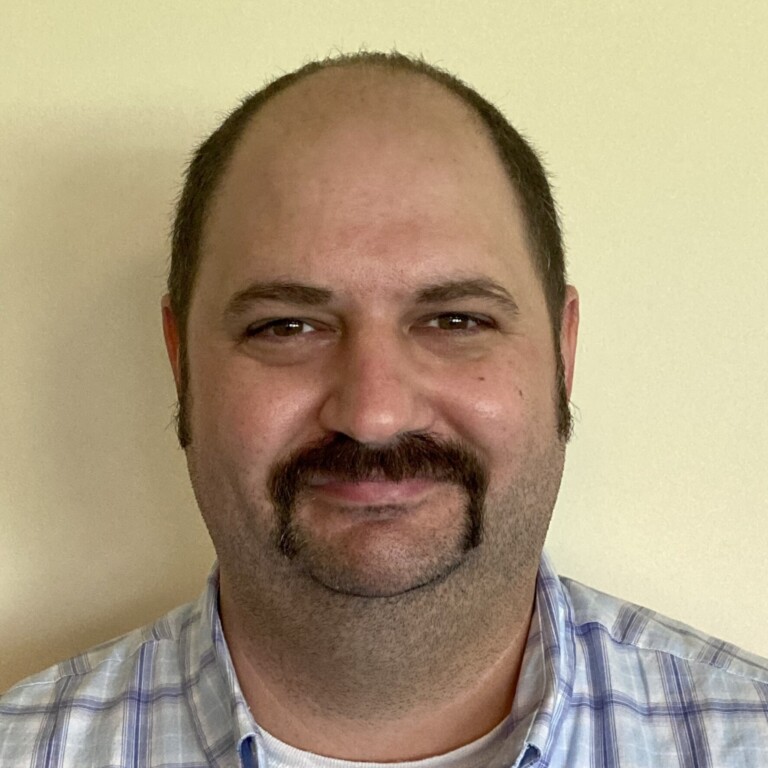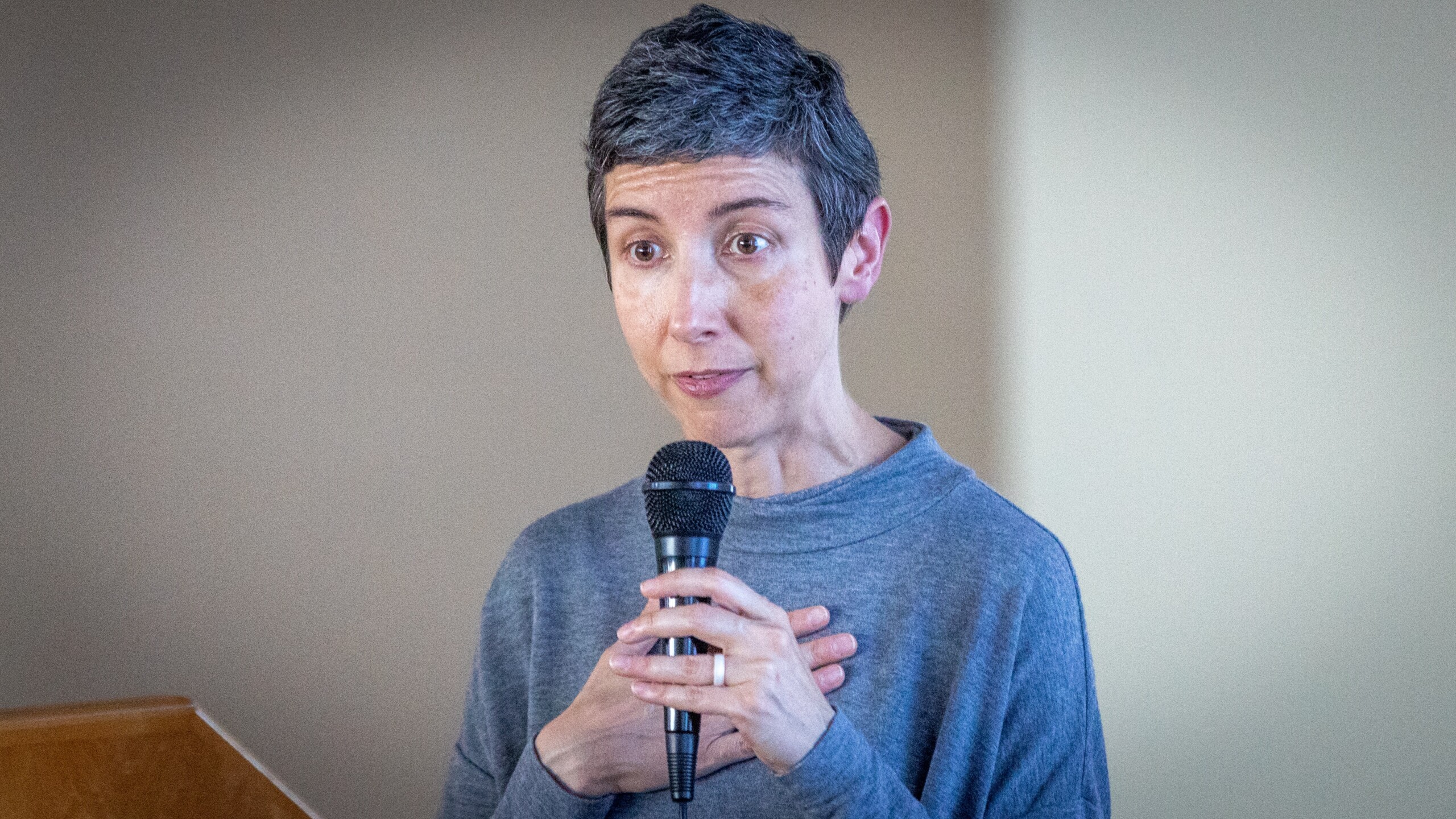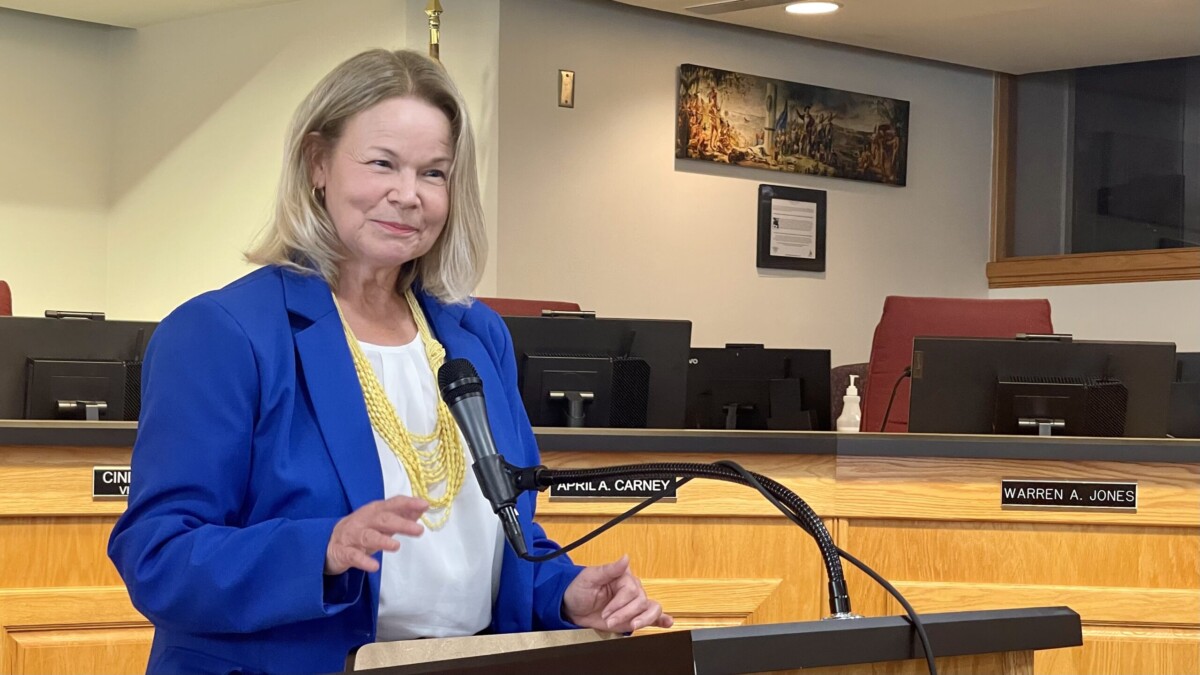A study released this week paints a bleak picture of the number of families living paycheck to paycheck in Northeast Florida.
The study released Wednesday by the United Way of Northeast Florida shows that 38.7% of households are struggling even as pay for low-wage jobs increases. The finding is based on census data from 2022.
While the United Way calls that number staggering, it’s actually a slight decrease compared with the same report last year, when more than 39% of households lived paycheck to paycheck.
This year’s study reported 72,000 households in poverty in Baker, Clay, Duval, Nassau and St. Johns counties. An additional 187,000 families fall above the federal poverty level but make less than the basic cost of living, the report said.
The United Way uses the acronym ALICE to describe that second group of families. It stands for asset limited, income constrained, employed.
This new study also shows racial disparities in the rate of financial hardship. The study said 51% of Black households and 44% of Hispanic households in Northeast Florida are below the ALICE threshold compared with 34% of White households.
Melanie Patz, CEO of the United Way of Northeast Florida, said in a news release that even on the other side of the COVID-19 pandemic, families are struggling to pay for rent, utilities and food.
“While we saw some improvement in financial hardship numbers compared to last year, we know the increase in wages is not keeping pace with higher costs of living, especially in our region of Florida, which is seeing tremendous population growth,” Patz said.
According to a report from the Economic Policy Institute in March, low-wage workers had a 12.1% wage increase from 2019 through 2023. But even with these wage gains, the lowest-paid workers in the U.S. still receive wages that are inadequate to meet most families’ basic needs, the report said.
The minimum cost to live and work in Northeast Florida is $84,612 for a family of four, the United Way report said. That includes the cost of housing, child care, food, transportation, health care, phone plans and taxes.
If you need help with rent, utilities or finding food, you can dial 211 to find assistance from different organizations around the First Coast. You can also go to the United Way’s resource directory to find help.







